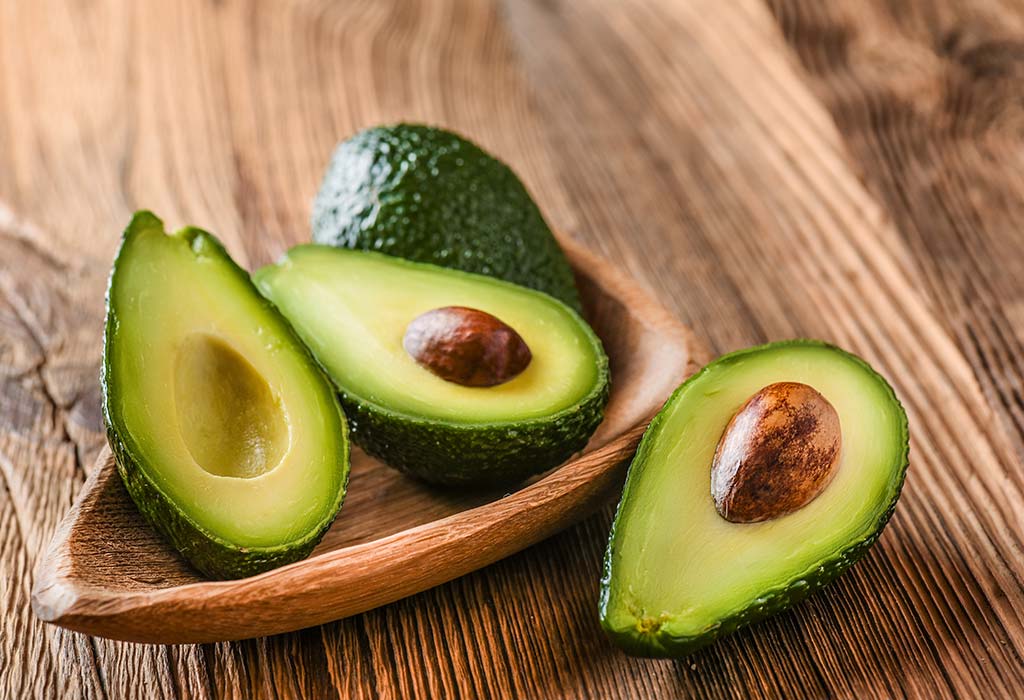Best Diets for Weight -Loss and Maintenance

High weight might affect your chances of developing heart diseases, and Obesity is a risk factor. Obesity is also associated with other illnesses such as hypertension and impaired glucose tolerance, all of which may raise your risk of heart diseases. Everybody wants to reduce their weight fast, and there are numerous diets out there that promise rapid results. However, although they may work in the immediate term, they are frequently difficult to maintain, and the weight rapidly returns. There are various diet plans available that might make it tough to get started since you don’t know which one is the most appropriate, sustainable, and successful. Some diets seek to lower your food consumption by curbing your hunger, while others propose limiting your calorie intake and carbohydrate or fat intake, or some use companies like Unify Health Labs that offer weight reduction supplements.
Our Guide will show you what diets you need to follow to reduce your weight and to maintain it as well so that you can share your journey on the best reviews sites to motivate others.
Intermittent energy restriction
Intermittent fasting limits the amount of time you may eat, making it a straightforward approach to cut calories. If you counteract by consuming food during permissible eating hours, this might contribute to weight loss. Intermittent fasting was shown to induce about eight percent weight reduction over 1-6 months in a review of trials, which is a much higher proportion than other strategies. Fasting is generally safe for the most healthy individuals.
Vegetarian diet
Plants are the mainstay of a vegetarian diet. Fruits, vegetables, dry beans and lentils, cereals, seeds, and nuts are among them. These diets could be able to assist you in losing weight. These diets have been shown to help people lose weight in studies. Vegetarian diets are likely to help you lose weight because they are really high in fiber, which may help you feel full for an extended period, and these diets are low in high-calorie fat. The main benefit associated with this diet is that it lowers the risk of chronic diseases including heart disease, some malignancies, and diabetes.
Low-carbohydrate diet
A low-carb diet can be helpful in the weight loss process because it turns on fat-burning processes, known as “dietary ketosis.”. Ketones are also known to have hunger suppressing properties. Low-carb diets limit carbohydrate consumption in favor of carbs and protein. Protein may help suppress your appetite, improve digestion, and preserve muscle mass. Thus they’re often richer in energy than low-fat diets.
Daily Exercise to Maintain your Weight
It is more successful in reducing weight by combining exercise and a balanced diet than by restricting calories alone. Certain illnesses may be avoided or even reversed by exercising. Exercise helps decrease blood cholesterol levels, which may help prevent a heart attack.
Furthermore, exercising reduces your chance of acquiring diseases, including colorectal and prostate cancer. Exercise has also been shown to boost self-esteem and well-being, potentially decreasing anxiety and depression levels.
The Bottom Line
While all of the diets listed above have been demonstrated to help people lose weight, the one you pick should be based on your nutrition and dietary choices. This increases your chances of sticking to it in the long run. Being healthy and fit by exercise is also advantageous to one’s overall health and may help with weight reduction.
